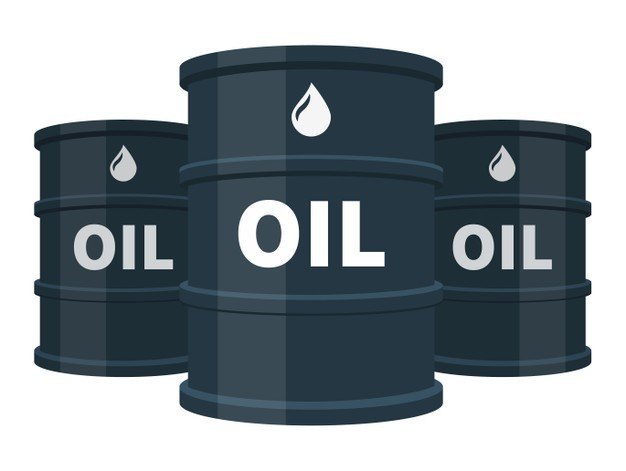Oil prices soared to seven-year highs amid a decline in US crude inventories, strong demand and a lack of supply, but investors remained cautious ahead of the OPEC+ meeting later in the day.
Although the increase in gasoline inventories partially offset the bullish sentiment, the decline in US crude oil inventories provided support.
Brent crude rose 17 cents, or 0.2%, to $89.33 a barrel as of 0339 GMT after easing 10 cents on Tuesday.
West Texas Intermediate crude was up 16 cents, or 0.2%, to $88.36 after gaining 5 cents the previous day.
Tight global supply and geopolitical tensions in Eastern Europe and the Middle East have pushed oil prices up nearly 15% so far this year. On Friday, crude oil gauges hit their highest prices since October 2014, with Brent hitting $91.70, US crude hitting $88.84.
OPEC+ will keep its policy unchanged, which means that the supply shortage and the upward trend in oil prices will continue.
U.S. crude inventories fell by 1.6 million barrels in the week ended Jan. Gasoline inventories, however, increased by 5.8 million barrels, above analysts’ expectations for an increase of 1.6 million barrels.
Sources said Tuesday’s OPEC+ technical panel meeting did not discuss an increase of more than 400,000 bpd in March.
Although demand expects to rise to new highs this year, the Organization of the Petroleum Exporting Countries, known as OPEC+, and its allies said they would stick to existing policies of moderate output growth. In this case, there is a high probability that the rally in the oil market will turn to a faster uptrend.
However, oil prices are likely to fall if the Saudis and Russia show signs of increasing their output to make up for the shortfalls of some members that are not meeting their production targets. But without such a surprise, the market is expected to continue its uptrend as demand recovers and geopolitical tensions persist.
Tensions between Russia and the West also supported crude oil prices. Russia, the world’s second-largest oil producer, and the West are at odds over Ukraine, fueling fears that energy supplies to Europe could be disrupted.
On Tuesday, Russian President Vladimir Putin accused West of deliberately creating a scenario designed to lure Russia into war and ignoring Russia’s security concerns over Ukraine.

